Soil Management
All Soil Management Content
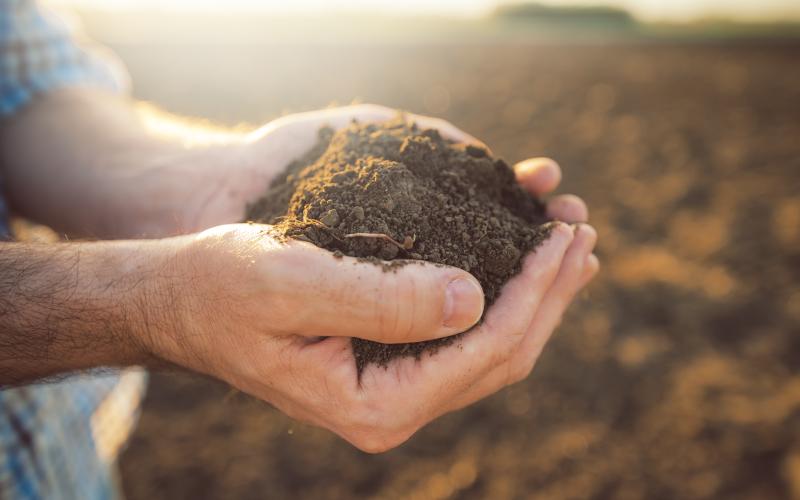
Fertilizer Recommendation Guide
SDSU Extension fertilizer recommendations are based on field research in South Dakota and neighboring states.

Integrating Clover Cover Crops for Pepper and Broccoli Production
South Dakota gardeners and specialty crop producers have expressed a need for cover crop research. Learn about a recent research project investigating clover cover crop integration for pepper and broccoli production.

Knowing the Soil Types in Your Fields Can Increase Weed Control
As soil temperatures increase, many farmers are beginning to plant crops and start preemergent weed control. Learn the important role that soil type can play in getting the most out of preemergence herbicide applications.
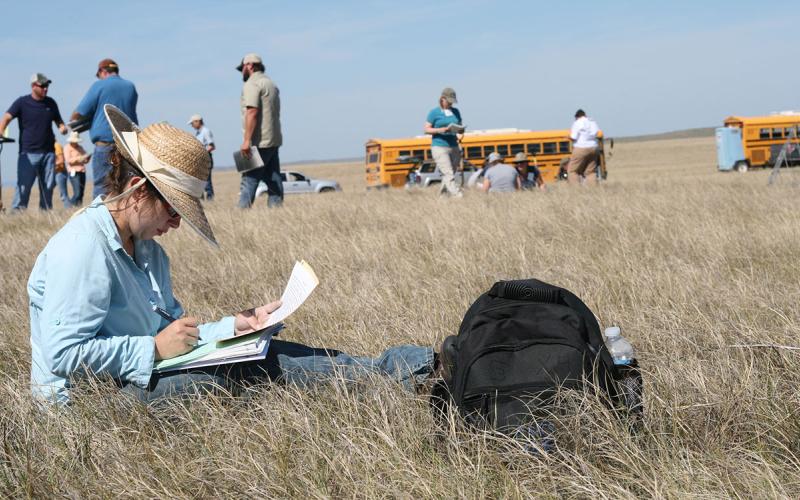
South Dakota Range Management Workshop Set for June 27-29
April 18, 2023
SDSU Extension is partnering with the United States Forest Service, Bureau of Land Management and Natural Resources Conservation Service to provide the 2023 South Dakota Range Management Workshop June 27-29 near Deadwood, South Dakota.
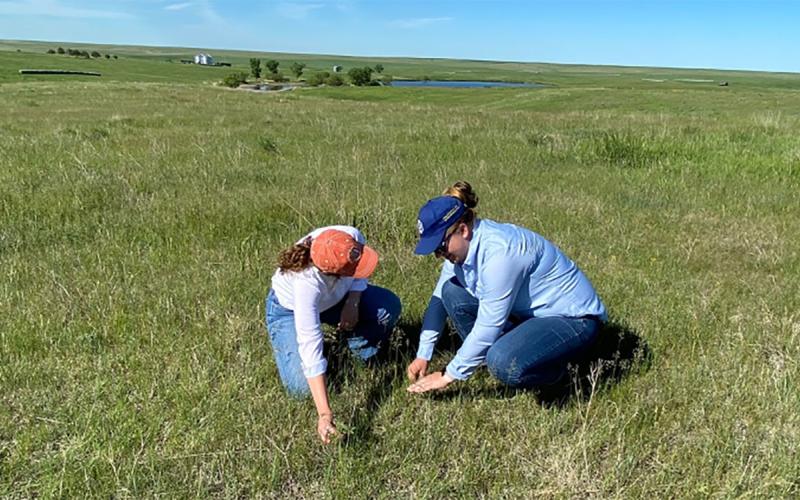
SDSU Extension to host Women on the Range workshop in June
March 31, 2023
South Dakota State University Extension invites women in agriculture to attend a Women on the Range Workshop on June 8 and 9 at The Branding Iron restaurant in Belle Fourche, South Dakota.
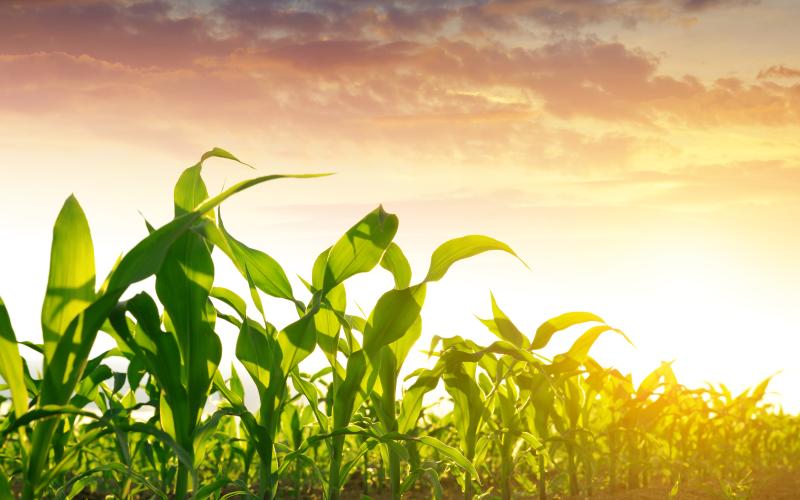
2019 Survey South Dakota Corn Nutrient Management Practices
Data from the 2019 survey South Dakota farmers was used to examine how local and operational characteristics such as geographic location within SD, tillage practice, and farm size were related to the adoption of various nutrient management practices.
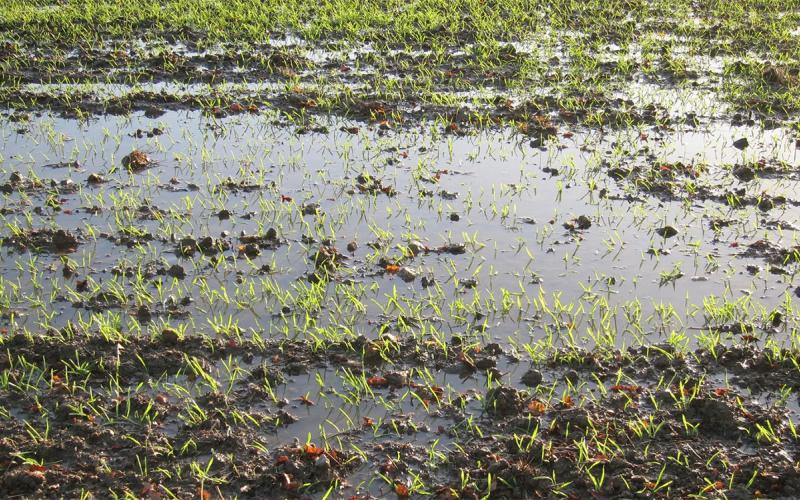
Effects of Spring Flooding in Winter Wheat
Every winter, growers are curious if their winter wheat will survive the winter. Learn some key factors that determine plant survival along with tips for assessing your fields this spring.
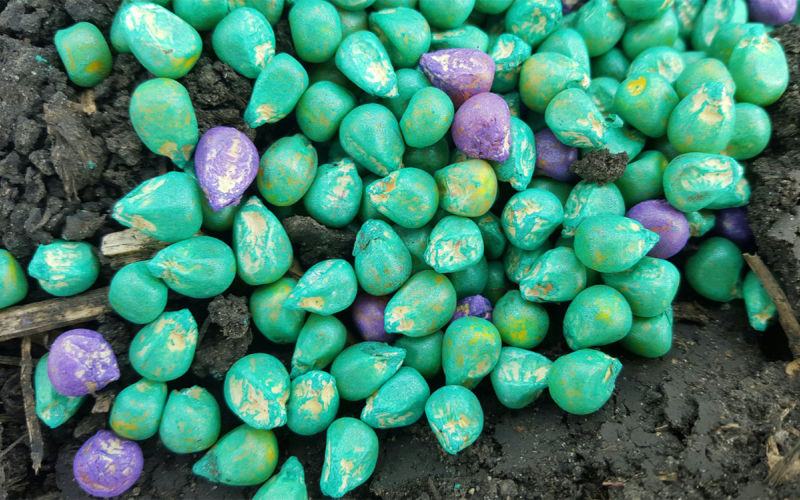
Corn Seed Treatment Effects on Soil Microbial Activity and Grain Yield at the 2022 Soil Health School
A recent research project at the South Dakota Soil Health Coalition's Soil Health School investigated the impact of omitting corn seed treatments on plant stands, microbial activity and grain yields. The findings may surprise you!
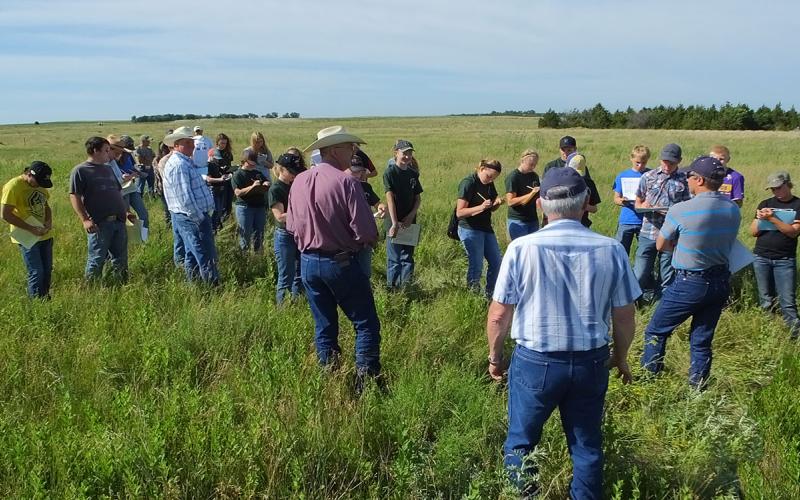
39th annual Rangeland and 18th annual Soil Days set for June 14-15 in Watertown
March 20, 2023
SDSU Extension, Codington Conservation District and South Dakota Natural Resources Conservation Service are hosting Rangeland Days and Soil Days on June 14-15 in Watertown, South Dakota.

South Dakota Fertilizer Rate Guidelines Calculator for Corn, Soybean, and Wheat
Calculator for Fertilizer Guidelines for Corn, Soybean and Wheat in South Dakota